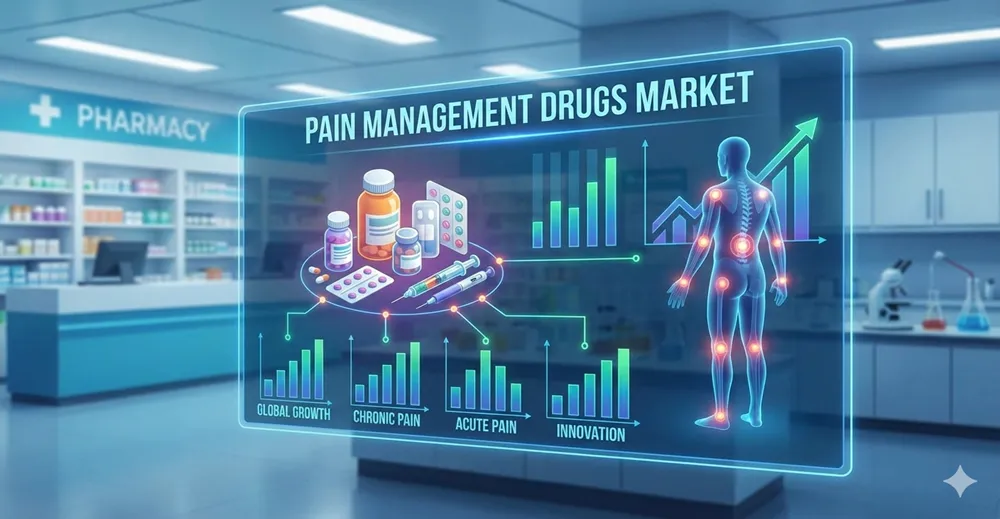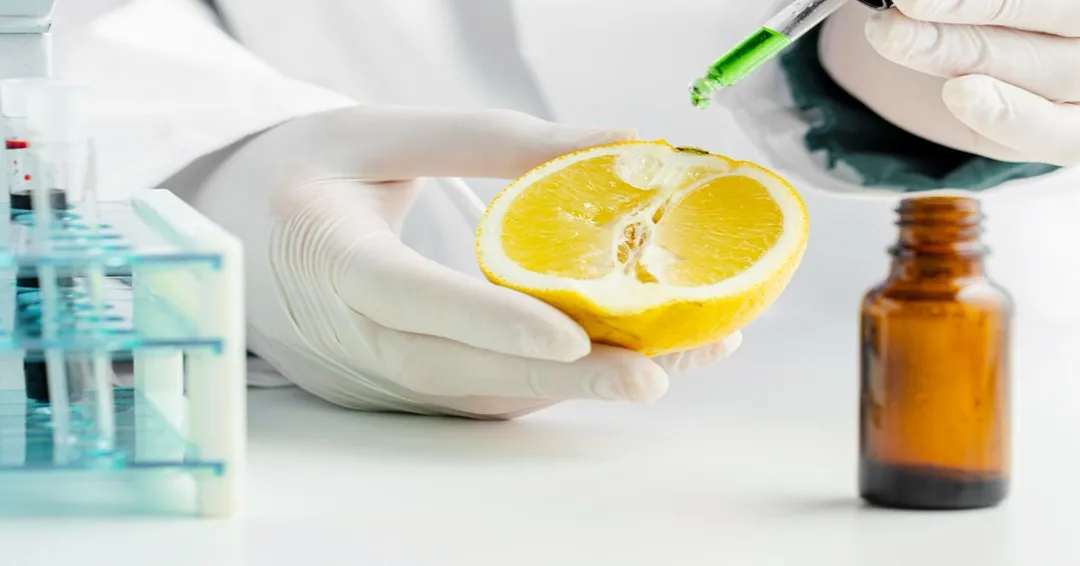Isobutylene Polymer Resins Market expected to reach USD 12.462 billion by 2030

Isobutylene Polymer Resins Market Trends & Forecast
According to a research study published by Knowledge Sourcing Intelligence (KSI), the isobutylene polymer resins market will expand from USD 9.046 billion in 2025 to USD 12.462 billion in 2030 at a CAGR of 6.62% during the forecast period.The isobutylene polymer resins are driven by several factors such as growth in the automotive sector, cosmetics industry expansion, as a fuel additive, and several medical applications. This expanding automobile industry would lead to a positive growth demand for butyl rubber. Further, the existing number of automobiles would have a growth impact on polyisobutylene succinimides for the engine oil additives. According to the International Organization of Motor Vehicle Manufacturers (OICA), the automotive vehicle production surged by 10%, Asia-Pacific witnessed 10% growth, and Europe saw 13% growth in 2023. The overall global production of the automobile was 93,546,599, which increased by 10% in 2023. Further, according to the International Energy Agency (IEA), global electric car sales exceeded 14?million in 2023, following the EV car sales in 2023 being 3.5 million higher than in 2022, a 35% year-on-year increase. In the NZE Scenario, electric car sales reach around 65% of total car sales in 2030. The resins are widely used in rubber tires, inner tubes, fuel additives, and lubricants due to their durability, low permeability to air, and resistance to chemicals and oxidation, thus likely to expand in forecast period. Innovative technological advancement is further boosting the market growth, as OMV´s new ISO C4 plant at the Burghausen site, a collaboration between BASF and OMV, is based on a novel technology developed jointly by the two companies and has been producing high-purity isobutene. The plant has energy efficiency, saving 20,000 metric tons of CO2 emissions per year and achieving up to 99.9 % purity of production of isobutene. BASF provides the catalyst and reaction concept that intrinsically fulfils all process requirements for OMV. Further, in June 2023, ExxonMobil Catalysts and Licensing LLC and Axens signed an exclusive agreement allowing Axens to include ExxonMobil’s MTBE Decomposition Technology for high-purity isobutylene in its portfolio. It is used in the production of high-reactivity polyisobutylene and butyl rubber. This technology enables Axens to address the growing demand for petrochemical intermediates. This alliance would provide isobutylene purity of at least 99.99 wt% via an integrated unit with MTBE and MTBE Decomposition technologies or through a standalone unit using MTBE Decomposition technology. Isobutylene polymer resins are increasingly utilized in the cosmetics industry. In December 2023, Global Bioenergies specified the schedule of its new biobased isobutene plant for cosmetics. The commissioning of its new plant would be by 2027. The new plant would be the first in the world to convert plant-based resources into isobutene derivatives on a large scale. In the cosmetics market, the products will be marketed under the Isonaturane brand name, with applications ranging from make-up to skin care. ? View a sample of the report or purchase the complete study at: Isobutylene Polymer Resins Market Report

Isobutylene Polymer Resins Market Report Highlights
- The isobutylene polymer resins market is segmented by type into polyisobutylene and butyl rubber. The butyl rubber demand is growing among automobile manufacturers and tire manufacturing companies.
- The isobutylene polymer resins market is segmented by end-user industry into fuel, rubber, cosmetics, and other. The cosmetics sector is witnessing the growth in personal care and beauty products and a rising demand for non-greasy products.
- Asia Pacific will be the fastest-growing market during the forecast period, driven by huge population, industrialization and urbanization and investment in countries like China and India. Increased demand from the automobile sector is the significant factor driving the market
- North America is anticipated to see considerable growth, fueled by a continuous rise in demand from the healthcare sector, where polyisobutylene is used in medical adhesives, drug coatings, and pharmaceutical packaging materials, further driving demand in the healthcare sector.
Report Coverage:
| Report Metric | Details |
| Isobutylene Polymer Resins Market Size in 2025 | US$9.046 billion |
| Isobutylene Polymer Resins Market Size in 2030 | US$12.462 billion |
| Growth Rate | CAGR of 6.62% |
| Drivers |
|
| Restraints |
|
| Segmentation |
|
| List of Major Companies in Isobutylene Polymer Resins Market |
|
Isobutylene Polymer Resins Market Drivers and Restraints
Drivers- Growing Demand from the Automotive Industry: The automotive industry is growing significantly. Butyl rubber can be vulcanizate and has tensile strengths up to 2000 psi. Low permeability to air and a high resistance to chemicals and oxidation characterize these, making them suitable for use in butyl rubber, especially in the inner tubes. The automotive industry’s demand for isobutylene polymers extends beyond inner tubes to applications like tire inner liners, seals, gaskets, and adhesives. Further, the existing number of automobiles would have a growth impact on polyisobutylene succinimides for the engine oil additives. Thus, the growth of the automotive industry is driving the market demand.
- Growing Demand from Lubricants: Polyisobutylene is widely used in lubricants for modifying the viscosity of the lubricant formulation. It is also used in applications where there is a chance for incidental contact of the lubricant with food, such as in the production of aluminum foils and cans. Products such as MOLYKOTE lubricants include greases, anti-seize pastes, multipurpose oils, specialty compounds, dispersions, anti-friction coatings, etc. Thus, the growth in lubricants demand is significantly driving the market growth.
- Raw Material Price Volatility: One of the key restraints the market faces is the raw material price volatility. Its raw material, like petrochemical feedstocks such as isobutylene, is derived from crude oil or natural gas liquids. As the oil and gas industry fluctuates, it also leads to supply chain disruptions.
- Stringent Environmental regulations: The Isobutylene polymer resins market is subject to stringent environmental regulations, particularly in North America and Europe, as they aim to reduce carbon emissions. The production and application both have to adhere to regulations like the EU’s REACH or the U.S. EPA’s Clean Air Act.
Isobutylene Polymer Resins Market Developments
- Strategic Collaboration: In February 2025, ExxonMobil purchased several shipments of naphtha for its newly launched petrochemical complex in southern China as the U.S. energy major prepares for the formal start-up of the $10 billion plant. It will strengthen ExxonMobil's foothold in Asia's petrochemical market, enhancing production capacity for polyisobutylene and related derivatives used in lubricants, adhesives, and sealants.
Isobutylene Polymer Resins Market Segmentation
Knowledge Sourcing Intelligence has segmented the global isobutylene polymer resins market based on type, application, end-user industry, and region: Isobutylene Polymer Resins Market, By Type- Polyisobutylene
- Butyl Rubber
- Adhesives
- Sealants
- Automotive Components
- Fuel Additives
- Lubricant Additives
- Others
- Fuel
- Rubber
- Cosmetics
- Other
- North America
- U.S.
- Canada
- Mexico
- South America
- Brazil
- Argentina
- Others
- Europe
- UK
- Germany
- France
- Italy
- Spain
- Others
- Middle East and Africa (MEA)
- Saudi Arabia
- UAE
- Others
- Asia Pacific
- China
- India
- Japan
- South Korea
- Taiwan
- Thailand
- Indonesia
- Others
Isobutylene Polymer Resins Market Key Players
- ENEOS Corporation
- LABDHI CHEMICALS
- Janex S.A
- TER Chemicals
- SAFIC ALCAN
- TPC Group
- Exxon Mobil Corporation
- BRP Manufacturing
- DuPont
- Braskem
- Omega Rubber Industries
About Knowledge Sourcing Intelligence (KSI)
Knowledge Sourcing Intelligence (KSI) is a market research and consulting firm headquartered in India. Backed by seasoned industry experts, we offer syndicated reports, customized research, and strategic consulting services. Our proprietary data analytics framework, combined with rigorous primary and secondary research, enables us to deliver high-quality insights that support informed decision-making. Our solutions empower businesses to gain a competitive edge in their markets. With deep expertise across ten key sectors, including ICT, Chemicals, Semiconductors, and Healthcare, we effectively address the diverse needs of our global clientele.Get in Touch
Interested in this topic? Contact our analysts for more details.
Latest Press Releases

Pain Management Drugs Market expected to reach USD 116.412 billion by 2030
Recently
Organic Acids Market expected to reach USD 21.582 billion by 2030
Recently
Enterprise Artificial Intelligence (AI) Market expected to reach USD 83.850 billion by 2030
Recently
Non-Woven Adhesive Tape Market expected to reach USD 3,124.230 million by 2030
Recently